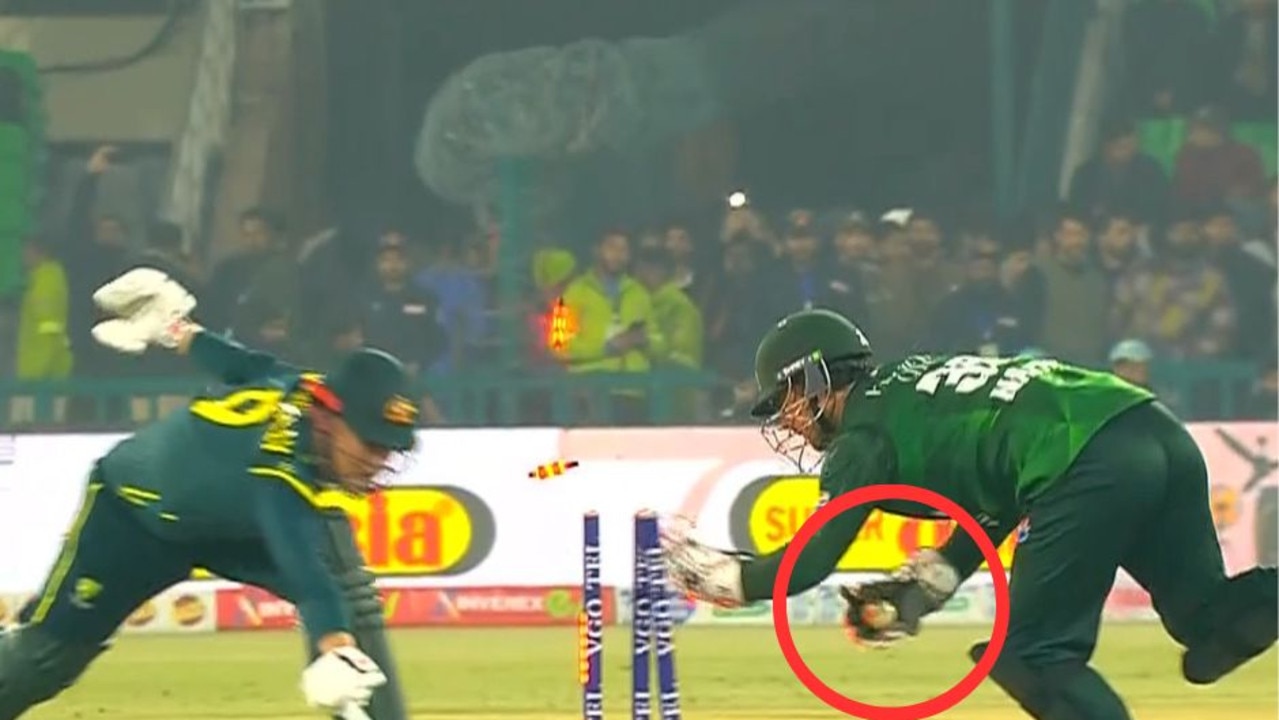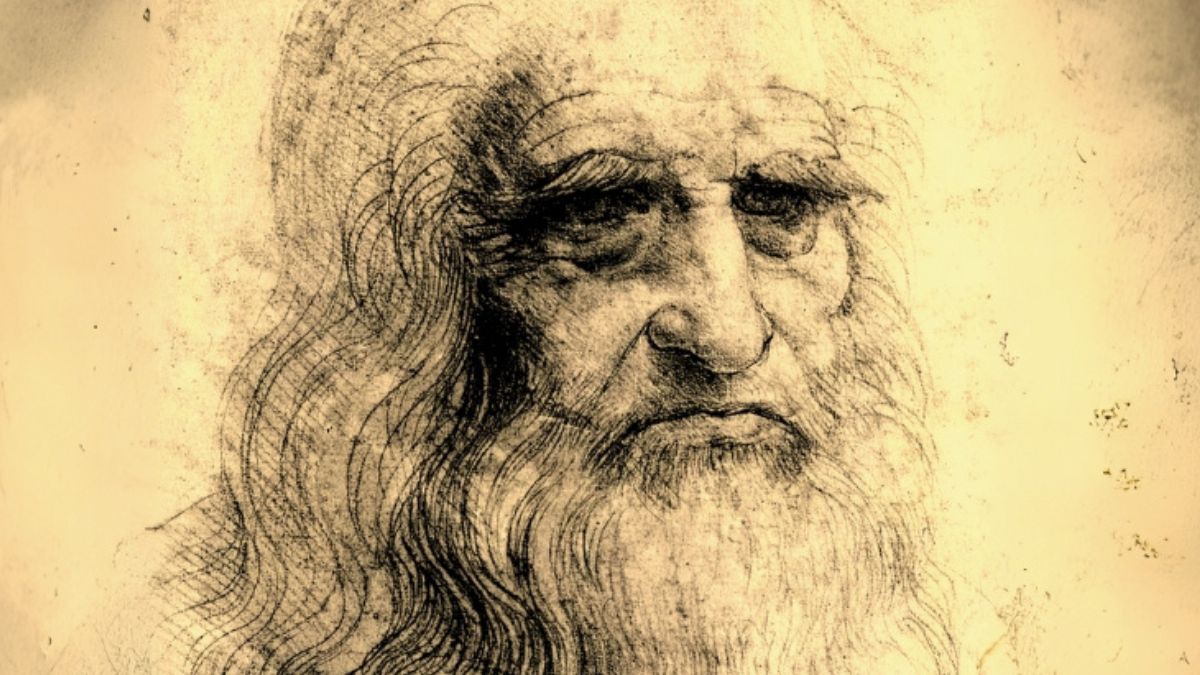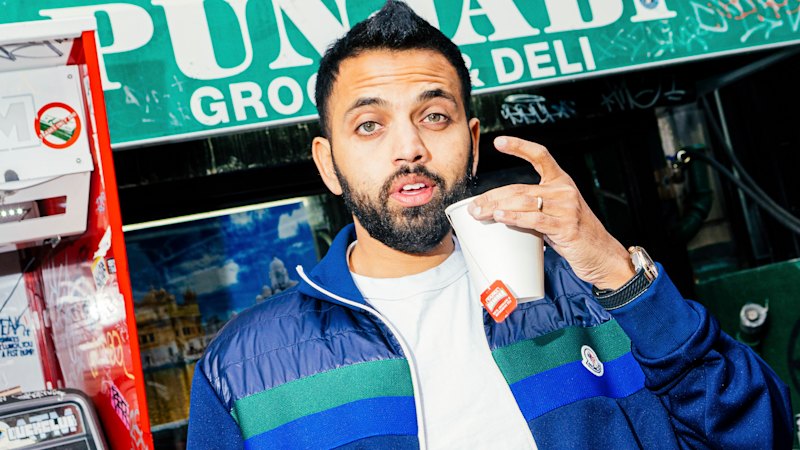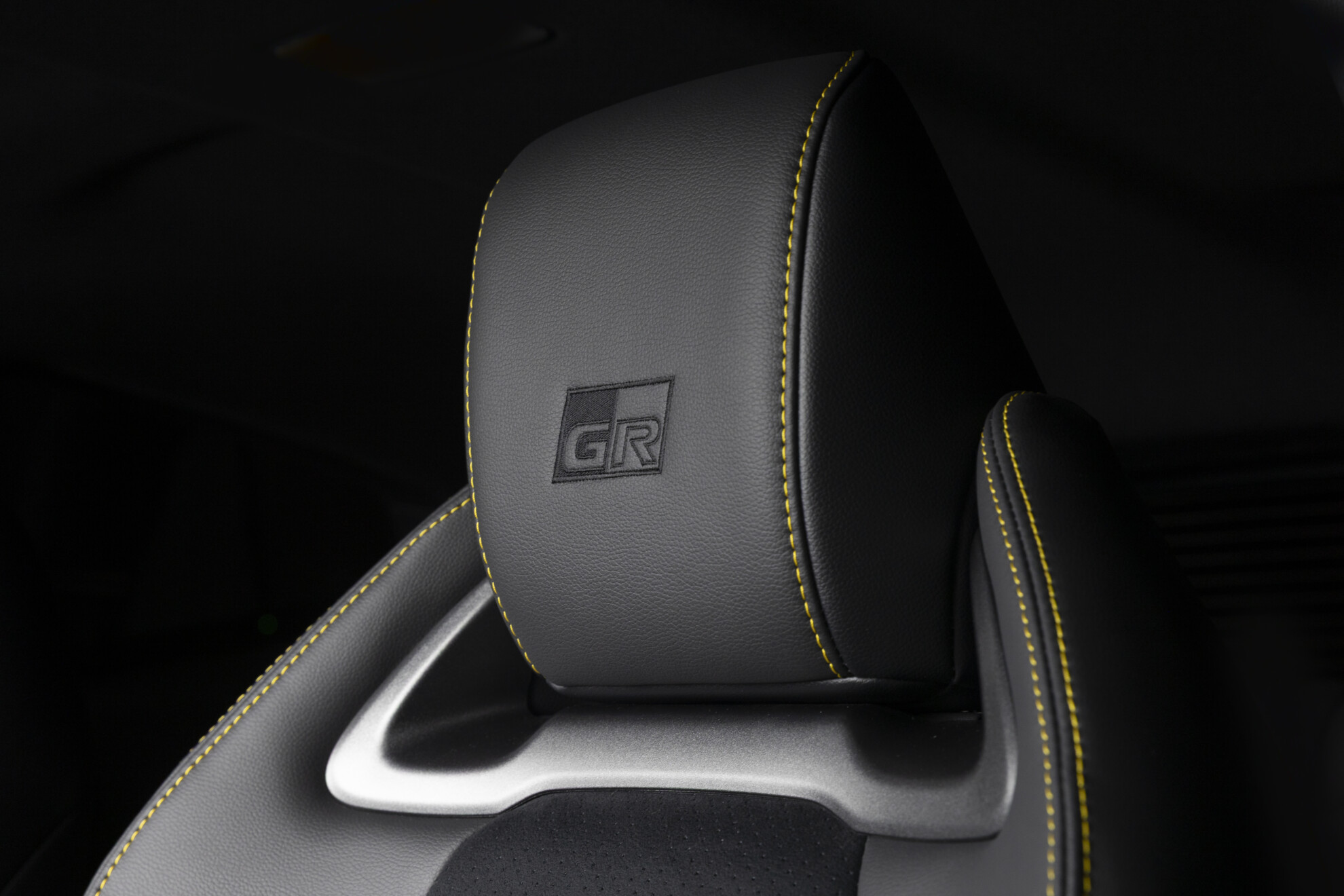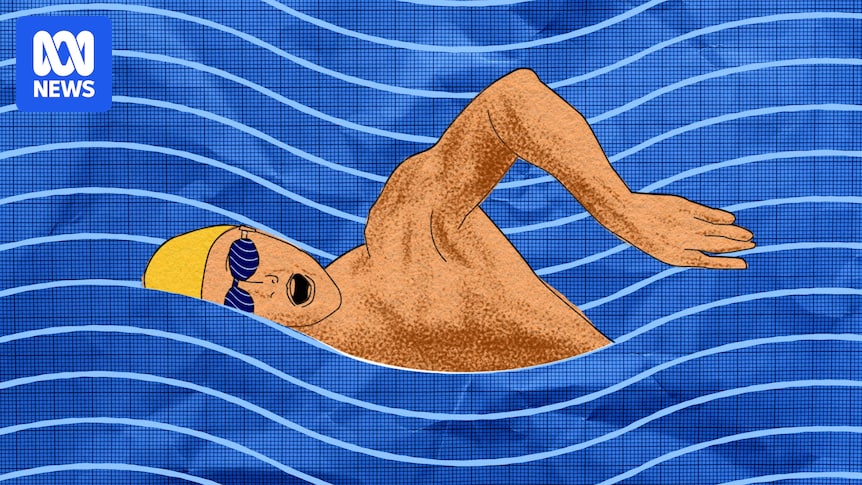
It takes just one breath. The moment Cameron McEvoy launches himself from the blocks, he exhales, then takes a short, sharp breath in as he flies through the air. For the next 21 seconds, no more breaths are taken as he breaks the surface of the water, glides underneath, and emerges — arms and legs in concert, powering him down one 50-meter freestyle lap of the pool.
Years of stretching every tendon and testing every joint in the gym, then training in the pool at maximum capacity, constantly on the edge of physical pain and discomfort, all culminate in those 21 seconds. From the stands or in front of the TV, all we see is a mad wash of arms, legs, and white water. But for McEvoy, every moment is finely tuned to come together in absolute harmony.
“I’m basically in the hunt for perfection,” he says. The question is: how close can he get?
The Quest to Blur Sports, Science, and Art
He’s arguably already the best 50m freestyler in the world. McEvoy won the gold medal at the world championships in Fukuoka in 2023 and followed it up with victory at the Olympic Games last year. At the Australian Swimming Trials in June, he jumped out of the water after winning the final of the 50m free in 21.3 seconds and said it was a “pretty nice swim.”
That swim remains the fastest time this year going into the world championships in Singapore, but McEvoy is after something more. “I’ve got that [Olympic] gold medal, and I’ve got the world championship gold medal. I guess you could say the chip is off the shoulder, or the leash is off, and I feel like I have free rein now to go after a time,” he tells ABC Sport.
The quest now is to blur the edges of sport, science, and art until the three disciplines are indistinguishable. Much has been made of McEvoy’s university degree in mathematics and physics. Nicknamed “The Professor,” his scientific approach has given him the tools to think critically about how he approaches the goal of swimming faster than anyone before him.
New Approach to Hone Technique
It began with tearing up the rule book on how to train a swimmer and critically examining the methods of other power athletes to see what he could apply in the pool. “You need to have the fitness to be able to sprint for 50m,” he says. “You need to have the strength to apply that force to the water, and then you need to have the mobility to do the freestyle stroke without fighting your own body’s limitations.”
Rather than logging long hours in the pool, he spent far more time in the gym, swimming only two or three kilometers each week but always at maximum intensity. His concept was to see the 50m as a series of individual components.
Take his personal best swim of 21.06 seconds that won him the world title two years ago. “The way I break it down is you have your first 15-meter segment, and then your swimming part afterwards, which also can be broken down into its various components,” he says.
McEvoy’s first 15m in Fukuoka took 5.22 seconds — slower than his competitors. He says knocking 0.2 of a second in that start is “low-hanging fruit” that could take him into world-record territory. “The 50m race is a race where you start from a dead start on the block, but the jump is your highest velocity that you reach in the entire race.”
Which explains why McEvoy spent the best part of six months out of the pool after the Olympic Games, just working on his strength to improve his dive. “It boiled down to two things: The first one was take-off velocity off the block — that’s a function of your vertical jump — and so I had to develop my vertical jump as best I can,” he says.
His efforts paid off. “My best vertical jump a week-and-a-half out from Paris was 56 centimeters, and this year I hit 62 centimeters,” he says.
“That’s a massive gain just in vertical jump. It’s probably top four, top five dives in terms of fastest dives in history.”
The Impossible Hunt for Perfection
The goal now is to put everything together. The world record in the 50m freestyle of 20.91 seconds was set by Brazilian Cesar Cielo — one of just seven world records still standing from the supersuit era of 2008-09. McEvoy believes Cielo’s time is “theoretically” within reach.
“If you take my best start to 15m and my best 15m to 50m and combine them together, I’m 0.02 under the world record,”
he says. “Whether or not it can be done in reality, that’s a different question that I’m trying to see if I can answer.”
But on any given day, something could go wrong. A stroke might be slightly out of alignment, or a kick is marginally out of sync. Perfection is never attainable — especially across heats, semifinals, and a final — so McEvoy operates in a contradiction. He’s aiming for as close as possible to perfection, while also trying to be consistently average. Just so long as that “average” is very, very good.
How ‘Not Trying’ Can Unlock McEvoy’s Best
There are commonly used expressions in sport to describe that time when athletes are totally in the moment, when everything works without conscious thought or effort. People talk about the “flow state” or “being in the zone” — McEvoy cites Taoism. “There’s a Chinese saying called Wu Wei, which is something along the lines of ‘to not try,'” he says.
McEvoy is trying to defend the world title he won two years ago in Japan. “I remember diving in, and I got to probably like the 20m mark and I could almost just observe what was happening, and it was almost as if I was in the front seat just watching the race unfold as opposed to consciously having to do anything.”
Which explains why McEvoy is prepared to devote so much time, thought, and energy to shave off just a few fractions of a second from the 21 it takes to traverse the pool. He has reached a state where training his body and reaching for something close to perfection is as much art as it is sport or science.
Looking Forward: Beyond the Pool
At the age of 31 and a veteran of four Olympic Games, McEvoy has a complete life outside the pool. Earlier this year, he married his partner, Maddi, who just gave birth to their first child. Win or lose in Singapore, he’ll have a full program with son Hartley and a three-year runway into the LA Olympics.
As for that physics thesis, well, that’s on hold. “I’ll always have a foot in the door … learning about all of that stuff on a personal level,” he says. “But from a professional level, definitely right now I’m in a space that I love to be in.”
McEvoy’s journey is a testament to the fusion of swimming, science, and art, and there’s still so much to discover.
